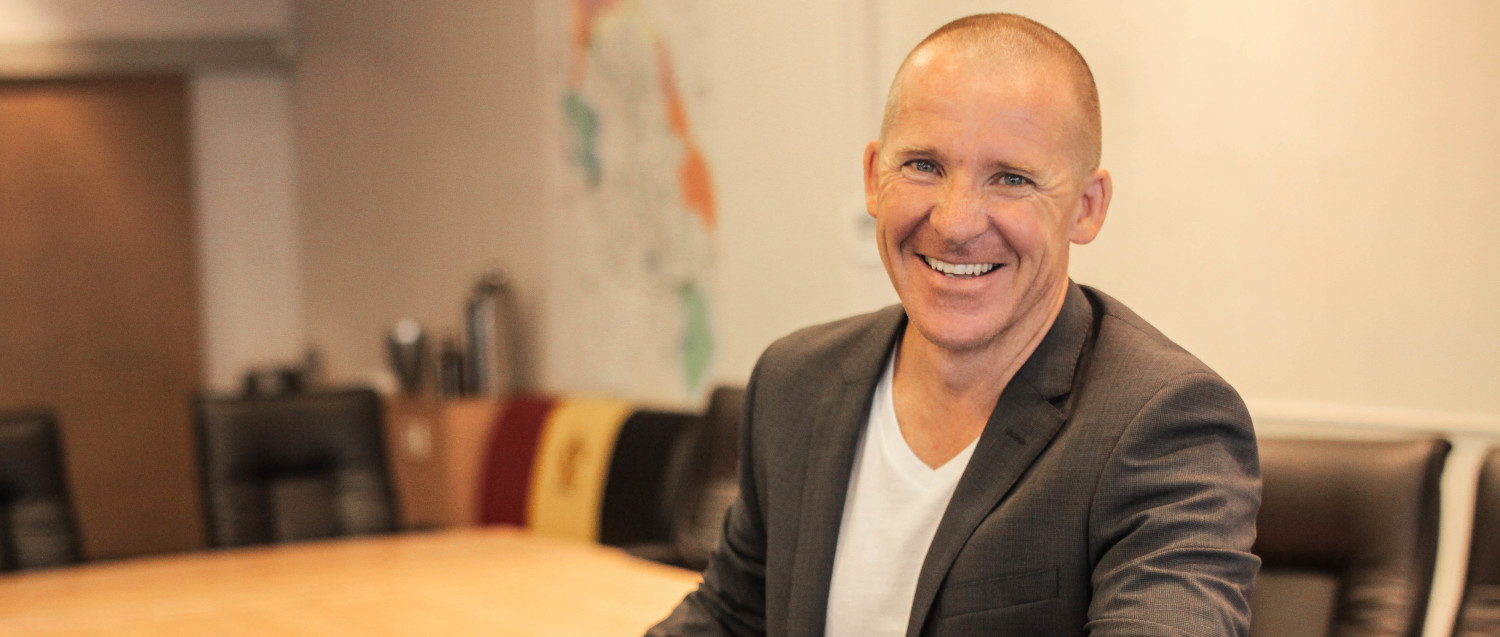If you only have 30 seconds, see the summary at the end of the main text & welcome to 47 new subscribers who have joined us this week from Denmark, USA, Belgium and UK.

Introduction
Get Free Worksheet here
I recall feeling like punching the speaker repeatedly in the head. A little harsh I know but I was tired. I sat in the conference listening to a well-meaning ‘Time Management Guru’ rattle on about having balance. I was getting a few hours of sleep a night as my 1 year old son had displayed an early Olympic talent as a sleepless wonder. Balance was a panacea that sounded like a myth and only induced a sense of guilt as I felt my life resembled some type of YO-YO fitness test shuttling between cones.
I understood his sentiment and applaud the natural presupposition that we should not live lives out of balance or out of kilter. However, each day as I dragged my sorry ‘you know what’ into work, balance was the last thing I felt like I could attain. I realised that living a life of perfect balance was not only a great cause of guilt but was impossible. The stage of life that I was in and the demands of the situation meant balance was a poor metaphor for where life was at.
If balance was not the best metaphor, then what would be more useful? More on this LATER.
Science: How Metaphors Impact Reasoning and Problem Solving
The metaphors we choose are powerful and govern our thoughts and lives. A recent academic study by Paul H. Thibodeau and Lera Boroditsky showed how the power of a single metaphorical word altered the entire diagnosis and operations of how people reason through a situation.
When the academics changed one metaphorical word in a problem, people offered very different solutions. Their solutions were consistent with the metaphor that they were presented with by the academics. In one of their studies, participants were told to predict the solutions offered by two politicians who were advocating for different approaches to the crime problem. Half of the participants were told that the politician was describing crime as a BEAST. The other half was told the politician was describing crime as a VIRUS.
Interestingly, the participants presented with the beast metaphor, advocated solving the crime problems with solutions such as increased law enforcement and punishment. Alternatively, those participants who were presented with the virus metaphor advocated solving the crime problems with solutions of social reform, improving the economic health and educational system. One word changed their reasoning, interpretation and solutions.
Let’s unpack the metaphor of ‘Balance’
Balance would insinuate that all competing priorities are of equal value and can therefore be balanced against each other. A person walking across a tight rope would want the balancing bar to be balanced rather than heavily weighted on one side. Naturally, this type of balance is attainable IF you can choose the bar.
However, when facing the demands of work or family it may be something that you don’t have full control over. In life, demands of various weights and shapes are thrust upon you, without your consent.
For example, the mother and father trying to feed, bath and dress their children for bed. Not to mention the inevitable hours coaching them to sleep. The entrepreneur in the early stages of a business start-up who is not only business development manager but also accountant, marketer, HR manager, CEO and coffee getter all in one.
This notion of balance is often impractical for a leader in today’s high-velocity environments. It is virtually impossible to give equal time and attention to two things at once. There is a better analogy for today’s leader that can alleviate stress and increase productivity.
Cue a new metaphor: Seasons
I left the seminar and realised I could fight my current reality in a vain attempt to get balance. I would probably waste a lot of energy and still not attain the nirvana of balance. Not only would I waste energy I would miss out on the enjoyment that I could be embracing. I had a young family, was in a new stage of life and was now a father.
Perhaps a better metaphor would be (more…)



 You may have heard yourself saying “I have a lot on my mind”, chances are you quite literally do. Unconsciously, we may be mentally juggling tasks. Shuffling cognitive resources in a vain attempt to give our full attention to a project at hand.
You may have heard yourself saying “I have a lot on my mind”, chances are you quite literally do. Unconsciously, we may be mentally juggling tasks. Shuffling cognitive resources in a vain attempt to give our full attention to a project at hand. The notion that these mental “to do’s” are using up precious brain power is being validated by the scientific community. Professor John-Dylan Haynes from the Max Planck Institute for Human Cognitive and Brain Sciences, has through functional magnetic resonance imaging been able to map what part of the brain is unconsciously active while we hold these ‘to do’s in your head. Unconsciously using up mental capacity that could be put to better use.
The notion that these mental “to do’s” are using up precious brain power is being validated by the scientific community. Professor John-Dylan Haynes from the Max Planck Institute for Human Cognitive and Brain Sciences, has through functional magnetic resonance imaging been able to map what part of the brain is unconsciously active while we hold these ‘to do’s in your head. Unconsciously using up mental capacity that could be put to better use.






